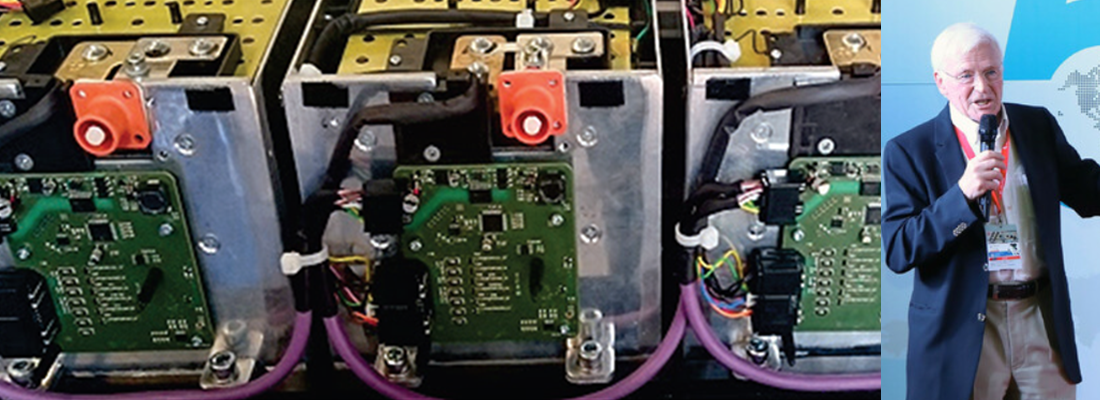Home
/
EU rejects German Transport Minister Volker Wissing's concerns about diesel decommissioning
EU rejects German Transport Minister Volker Wissing's concerns about diesel decommissioning
Monday, 5 August 2024
The European Commission does not want to change regulations for car emissions compliance retroactively, which could result in the decommissioning of millions of diesel vehicles. EU Internal Market Commissioner Thierry Breton, in a letter to German Transport Minister Volker Wissing, who had complained about the rules, stated that the Brussels authority has no intention of making retroactive changes or imposing additional administrative burdens on car manufacturers. The commission also does not want to take any additional steps that would penalise EU citizens who purchased vehicles in good faith under the new rules. The letter was made available to DPA. Wissing had previously warned the commission against decommissioning millions of diesel vehicles and requested clarification in a brief letter to Commission President Ursula von der Leyen.
Behind the contentious back and forth is a case before the European Court of Justice involving a so-called preliminary ruling by the Duisburg Regional Court. According to EU law, pollution values must be met under specific conditions and in testing facilities. As a result of the diesel scandal, in which testing equipment was tricked into recording inaccurate road values, resulting in higher actual emissions than the manipulated tests revealed, emissions tests were developed under real-world driving conditions. These tests are also applicable to new vehicles. The European Court of Justice had previously ruled that emissions tests should no longer be limited to laboratory tests, according to the commission. According to Wissing, the European Commission argued in court that pollutant limits would apply in all driving situations. This would imply that the limit values would also have to be met for fully loaded vehicles driving up an incline. A car loaded with people and luggage driving up a hill emits significantly more pollutants, he observed. However, current technological limitations prevent this.
"Millions of vehicles are threatened with being taken out of service," Wissing stated in his letter. In Germany, this scenario could lead to the grounding of 4.3 million Euro 5 diesel vehicles and possibly 3.9 million Euro 6. At the European level, more than 50 million Euro 5 and 6 diesel vehicles would be affected, accounting for 48.6 percent of the total 105 million. According to a 2023 Acea report based on 2021 data, there are approximately 250 million passenger vehicles on the road in Europe, with 42 percent of them being diesel. Diesels account for 90 percent of the 36 million commercial vehicles. However, with new registrations, diesel's share is declining: as of June 2024, it accounted for 12.7 percent, while battery electric cars accounted for 14.4 percent, plug-ins 6.1 percent, and hybrids 29.5 percent. Breton called Wissing's assumption "misleading" in a response letter requested by von der Leyen. The commission simply stated that car emission limits must be calculated "under normal operating conditions," according to a spokesman. This does not include all driving situations. The authority had also never changed its stance on this matter. Breton stated that the commission did not want to prejudge the court's decision, but that it would continue to promote clean air solutions within a "predictable and enforceable regulatory framework."
Behind the contentious back and forth is a case before the European Court of Justice involving a so-called preliminary ruling by the Duisburg Regional Court. According to EU law, pollution values must be met under specific conditions and in testing facilities. As a result of the diesel scandal, in which testing equipment was tricked into recording inaccurate road values, resulting in higher actual emissions than the manipulated tests revealed, emissions tests were developed under real-world driving conditions. These tests are also applicable to new vehicles. The European Court of Justice had previously ruled that emissions tests should no longer be limited to laboratory tests, according to the commission. According to Wissing, the European Commission argued in court that pollutant limits would apply in all driving situations. This would imply that the limit values would also have to be met for fully loaded vehicles driving up an incline. A car loaded with people and luggage driving up a hill emits significantly more pollutants, he observed. However, current technological limitations prevent this.
"Millions of vehicles are threatened with being taken out of service," Wissing stated in his letter. In Germany, this scenario could lead to the grounding of 4.3 million Euro 5 diesel vehicles and possibly 3.9 million Euro 6. At the European level, more than 50 million Euro 5 and 6 diesel vehicles would be affected, accounting for 48.6 percent of the total 105 million. According to a 2023 Acea report based on 2021 data, there are approximately 250 million passenger vehicles on the road in Europe, with 42 percent of them being diesel. Diesels account for 90 percent of the 36 million commercial vehicles. However, with new registrations, diesel's share is declining: as of June 2024, it accounted for 12.7 percent, while battery electric cars accounted for 14.4 percent, plug-ins 6.1 percent, and hybrids 29.5 percent. Breton called Wissing's assumption "misleading" in a response letter requested by von der Leyen. The commission simply stated that car emission limits must be calculated "under normal operating conditions," according to a spokesman. This does not include all driving situations. The authority had also never changed its stance on this matter. Breton stated that the commission did not want to prejudge the court's decision, but that it would continue to promote clean air solutions within a "predictable and enforceable regulatory framework."
Receive the best newsletter on remanufacturing - straight to your inbox!





